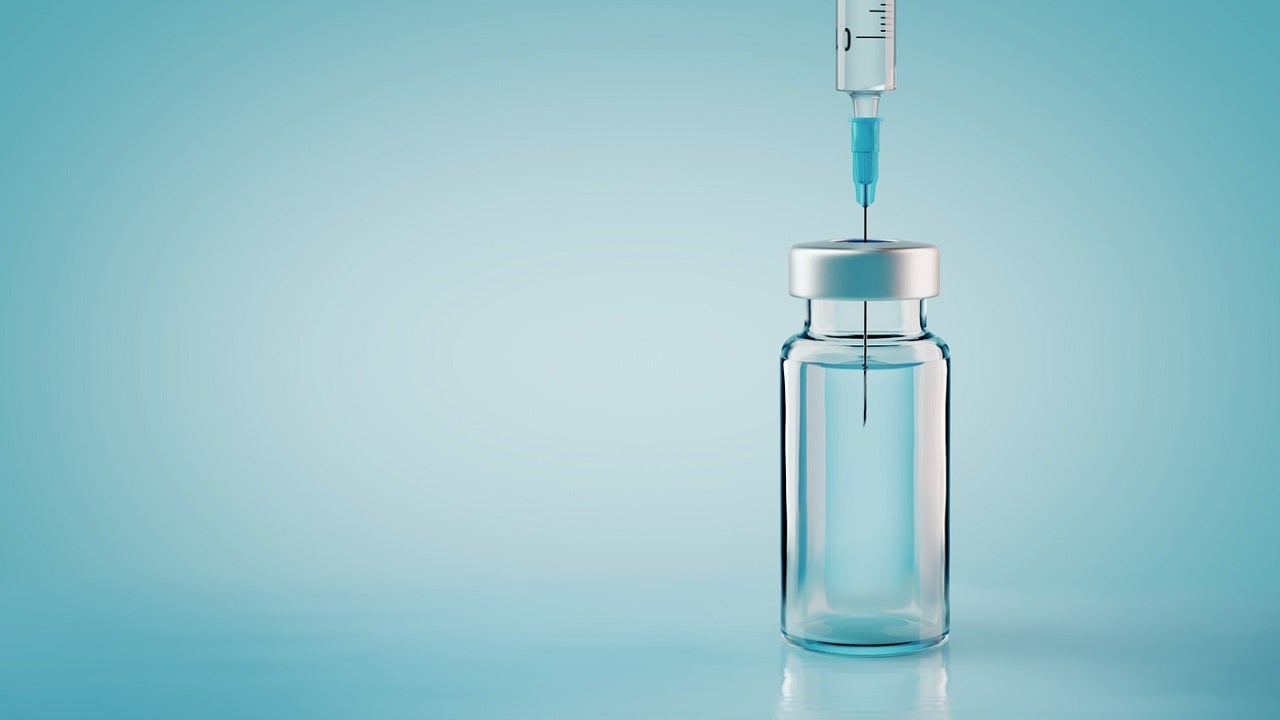
According to new interim results, the Russian Sputnik V vaccine was 91.6% effective against COVID-19 disease at a late stage of research. The results contrast sharply with reports from US health officials, including Dr. Anthony Fauci, who raised serious doubts about the jab after it was rolled out in Russia, ahead of advanced studies of safety and efficacy.
The findings, published Tuesday in The Lancet, were from a double-blind study at 25 sites in Moscow and revealed, 21 days after the first dose, an efficacy of 91.6% against COVID-19 disease and 100% against moderate to severe COVID-19 disease among approximately 19,800 adult participants.
“Our interim analysis of this phase 3 trial of Gam-COVID-Vac has shown promising results,” the study authors wrote, later writing, “Our interim analysis of the randomized, controlled, phase 3 trial of Gam-COVID -Vac in Russia has shown high efficacy, immunogenicity and a good tolerability profile in participants 18 years of age or older. ”
Co-leaders of the study included Denis Logunov and Dr. Inna Dolzhikova, affiliated with The Gamaleya Center in Moscow.
The team of Russian researchers derived the results of the vaccine’s efficacy from 78 cases of COVID-19 that showed up in all subjects three weeks after the first dose.
CDC ORDERS FACIAL MASKS FOR AMERICAN TRAVELERS
From 21 days after the first dose of vaccine (the day of dose 2), it was confirmed that 16 (0.1%) of 14,964 participants in the vaccine group and 62 (1.3%) of 4,902 in the placebo group had COVID-19; The vaccine efficacy was 91.6%, ”the study authors wrote.
After at least 21 days from the starting dose, there were no cases of moderate to severe COVID-19 in the vaccine group, but 20 cases occurred in the placebo group, which translates to 100% vaccine efficacy against more severe disease courses.
Researchers suggested that the two-dose recombinant adenovirus vaccine elicited an immune response, including in older adults, and was well tolerated; 45 (0.3%) of 16,427 vaccinated participants and 23 (0.4%) of 5,435 people who received the placebo had serious side effects, but these serious side effects were not considered vaccine related.
PUTIN CRITIC NAVALNY FACES HEARING
The most common side effects were “flu-like illness, injection site reactions, headache” and weakness, according to the study.
Four deaths were also reported among subjects (three in the vaccine group), but none were associated with the vaccine. Among the vaccine group, two deaths were linked to COVID-19; “These two participants were likely already infected with SARS-CoV-2 at the time of randomization and vaccination,” the study authors wrote. The other death involved a vertebral fracture. The death in the placebo group was a haemorrhagic stroke.
There are still several unknowns, such as the duration of protection and how well the vaccine works in teenagers, children and pregnant women.
Note that the vast majority of subjects were white, and the Russian researchers said they “welcome further research in a more diverse cohort.”
Finally, the team noted that by January 23, more than 2 million doses of the Sputnik V vaccine had already been administered to the public in Russia, mostly in high-risk populations, and essential workers such as medical personnel and educators.
DOWNLOAD THE FOX NEWS APP
“Phase 1/2 clinical trials of the vaccine were completed in August 2020,” the study authors wrote. “The results showed that the vaccine was well tolerated and highly immunogenic in healthy participants. As a result, the vaccine candidate was provisionally approved in Russia under national law.”
Researchers are also investigating a single-dose regimen of the vaccine.
The vaccine efficacy results surpass the results recently announced by Johnson & Johnson, who saw its single-shot coronavirus vaccine revealed 66% efficacy in preventing moderate to severe COVID-19 in a global study. However, mRNA vaccines developed by Pfizer-BioNTech and Moderna are 95% and 94.5% effective against COVID-19 disease, respectively.